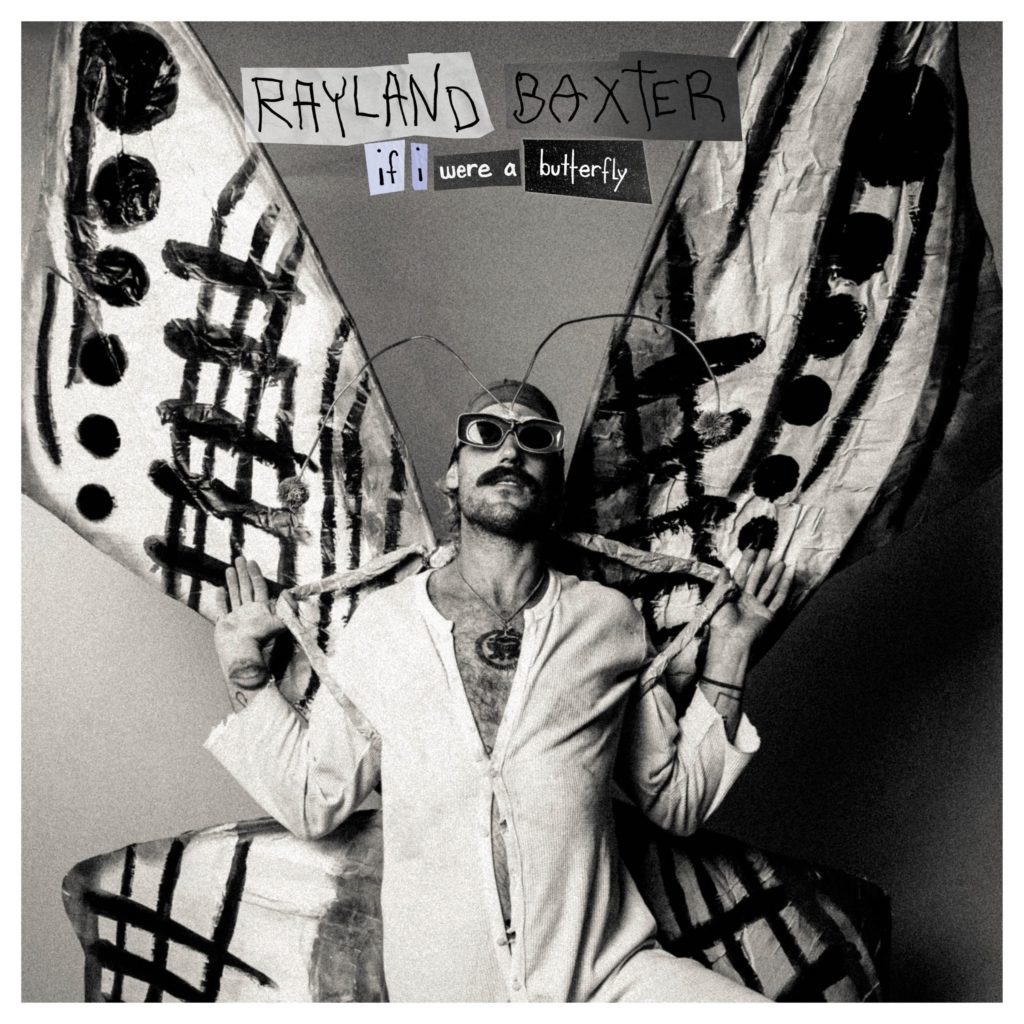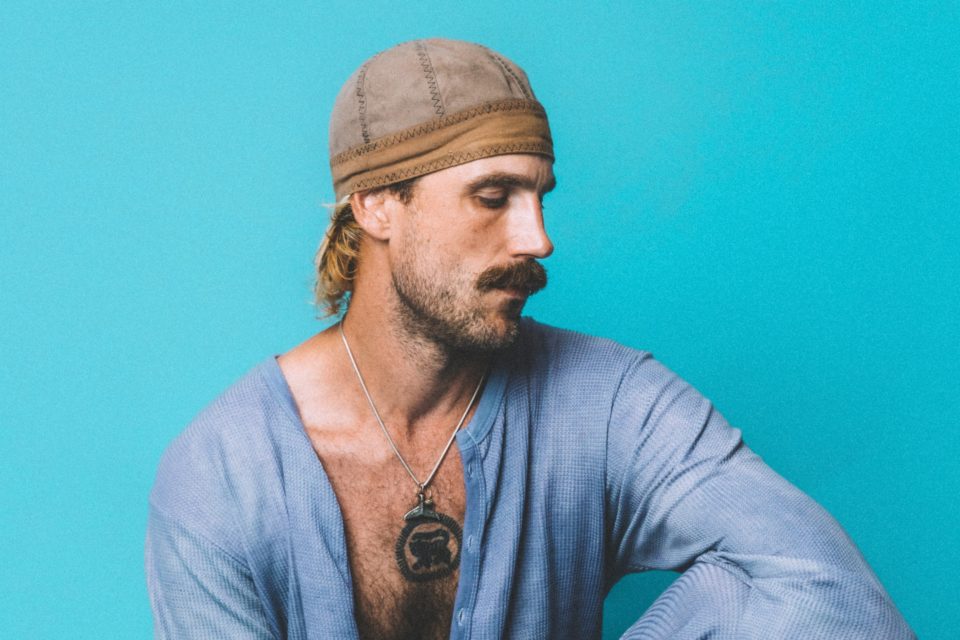Rayland Baxter’s fourth full length album, in his now decade long solo career, If I Were a Butterfly was mostly made at a studio at an old rubberband factory in Kentucky but its story was born from life-changing loss. Shortly after the initial sessions, Rayland lost his father. Bucky Baxter was more than just a famous sideman for the likes of Steve Earle and Bob Dylan, he was also Rayland’s musical and spiritual mentor who helped guide his son to his current path and place.
“We moved back to Nashville 14 years ago as a unit,” Rayland recalls. “He picked me up from Breckenridge. I was a snowboard instructor, playing open mic nights on Wednesdays at the Gold Pan Saloon. And he’s like, ‘Ray. I know you hate it here. Let’s go back to Nashville.’”
Rayland says in his beginning days as a solo artist, his dad would often serve as the “bumpers in a bowling alley” offering advice and well-earned wisdom to keep his son’s songwriting, and sometimes his life, on track. After Bucky’s death Rayland says “the purpose and the plot” of the songs he had been recording for Butterfly changed completely and a mind-altering moment changed everything else.
“When he passed, I had an epic dream,” Baxter says. The dream occurred before he actually knew of Bucky’s passing. “I sat with him and he said goodbye. I talked to him from the other side or the inner side, whatever it is. And my life changed immediately when I woke up. Things became more simple. Things also became way more difficult. My curiosities shifted away from, like, in a ‘Facebook world’ to ‘I need a leaf blower and I want to burn all those leaves’ and clean up my yard and write more songs and be deliberate in not rushing this record to be done.”

Baxter really followed that last bit of inner advice, moving into a barn at the studio and patiently putting together the record over nearly a year. Bucky had played on several songs, one of which made the album, “Graffiti Street,” but his presence is felt on all of the tracks.
“He was always telling me to slow down. Keep your cool. Listen,” Bucky remembers. He says after Bucky’s death, he learned to “listen in a whole other way” to everything from pure silence, to his surrounding environment including the birds, bullfrogs and even air conditioners that made noise just outside the studio doors.
While that new way of making music was revelatory, Rayland says it was also exhausting and he’s not sure he’ll spend that much time on an album again. He also missed the moments when he would normally call his dad.
“He was my phone call for anything, relationship problems, argument with my mom, how to get through a band predicament. What’s the best way to drive a truck?,” Rayland listed. “But this is my next step, where I have that voice. That I have my own phone call that I can call within me. And that character, that advocate is shaping every day in meditation. I find what this guy looks like, what my advocate, what me looks like.”
Another way the album connects even more directly with family is the inclusion of an old cassette recording of four-year-old, country accent Rayland singing an old gospel song featuring the voices of his sister, grandmother, father and mother in the background. Rayland says the tape inspired the title track and came to represent the theme of the album – how a caterpillar goes into “hiding” and then comes “out with a whole new set of wings.”
“I think that’s exactly what has happened with me,” Rayland says. “It’s happened with the world. Nobody’s had to go through what we were going through right now, for the most part… I just know that we’re all shocked. And I think that there’s one way to look at it, and it is what it is, and hopefully it doesn’t destroy humanity. But we come out with a new way to fly. A new way to get around and a new way to think.”

